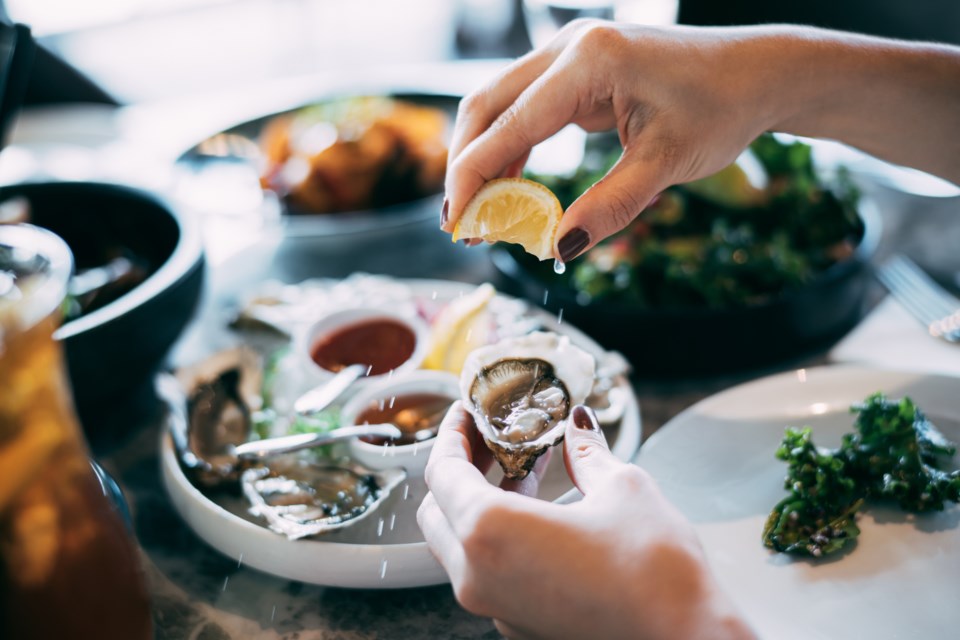Illegal fishing should be stopped and the recent federal government recommendations for improved seafood tracking are admirable, Phil Young, vice-president of fisheries and corporate affairs at the Canadian Fish Company (Canfisco), said on June 22.
However, he noted the implementation of the recommendations will bring additional costs and some of the suggestions, such as tracking at boat level, are nearly impossible.
A standing committee for Fisheries and Oceans presented the recommendations for boat-to-plate seafood traceability and labelling to the House of Commons in June.
They proposed a requirement for all imported and exported seafood labels to include the scientific name, where and how it was caught or farmed and, if applicable, where it was processed.
Young agreed the recommendations could help with issues of seafood being brought into the country but felt that within sa���ʴ�ý there aren’t very many problems with seafood fraud.
“I want to stop illegal fishing, as well fish coming into our country. So if they do that it’s an admirable goal. I just don’t think it happens too much within our country. I think we’re pretty darn good,” Young said.
Implementing a comprehensive tracing and labelling system has the potential to prevent fraud, mislabelling, and to block illegally caught seafood from entering the Canadian market, stated Oceana sa���ʴ�ý in a press release on the same day.
“Oceana sa���ʴ�ý’s most recent seafood fraud study revealed that 46 per cent of seafood samples tested in restaurants and grocery stores in four Canadian cities were mislabelled. Market research conducted by Abacus Data for Oceana sa���ʴ�ý in 2021 found that nearly 90 per cent of Canadians are concerned about purchasing seafood that is mislabelled, up from 76 per cent in 2020. More than 85 per cent are also concerned about the government’s failure to address seafood mislabelling and illegal fishing in sa���ʴ�ý,” the release stated.
The standing committee stated in their report that the traceability and labelling system should allow Canadians to make informed decisions when they buy seafood including understanding how it would impact their health and the sustainability of the resource.
“Canadians overwhelmingly support seafood traceability and want the government to act,” Sayara Thurston, seafood fraud campaigner at Oceana sa���ʴ�ý said.
“This new report shows that members of all major political parties agree: it’s time to implement robust seafood traceability in sa���ʴ�ý. All consumers should feel confident that the seafood they purchase is not harmful to their health, their wallets, or the health of our oceans. sa���ʴ�ý is falling behind, but the recommendations laid out in this report present a clear path forward.”
Oceana sa���ʴ�ý is part of a group of 26 grocery chains, seafood industry stakeholders and experts who called on the federal government earlier this year to fulfill its mandate to implement boat-to-plate traceability for seafood in sa���ʴ�ý, including the requirement that seafood is fully traceable from the point of final sale back to the point of harvest.


